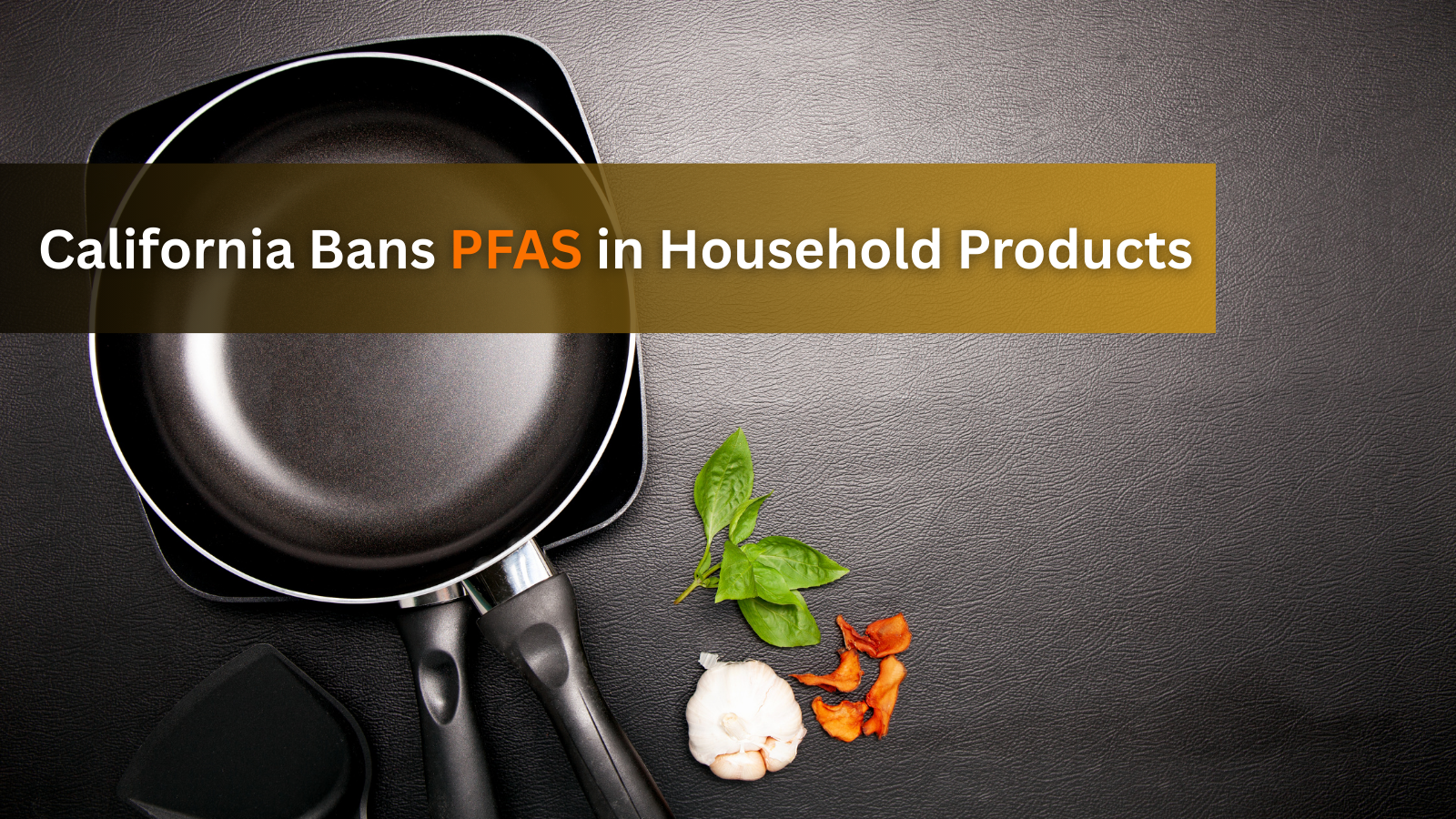Ziploc and Rubbermaid Face Class-Action Lawsuits Over Microplastic Concerns

This year, Ziploc and Rubbermaid have come under legal scrutiny due to allegations that their products release microplastics into food when used as directed. These class-action lawsuits have raised significant concerns about consumer safety and the environmental impact of everyday household items.
Ziploc Lawsuit: Allegations of Misleading Marketing
On April 25, 2025, a class-action lawsuit was filed against S.C. Johnson & Son, Inc., the parent company of Ziploc, in the U.S. District Court for the Northern District of California. The plaintiff, Linda Cheslow, alleges that certain Ziploc products—specifically those labeled as "Microwave Safe" and "Freezer Safe"—are made from polyethylene and polypropylene plastics. These materials, under extreme temperatures, can degrade and release microplastics into food. The lawsuit claims that this poses serious health risks, including hormonal disruption, DNA damage, and increased susceptibility to diseases like cancer and cardiovascular issues. Cheslow contends that S.C. Johnson's marketing misled consumers, leading them to believe the products were safe for microwave and freezer use. The lawsuit seeks restitution, damages, and a halt to the allegedly deceptive marketing practices.
According to the lawsuit:
“Studies show that even under refrigeration or room temperature—without any external stress like microwaving—polyethylene and polypropylene products, like the Products at issue here, release thousands of microplastics and millions of nanoplastics per square centimeter of surface area,” the suit relays. “Freezing exacerbates this issue, and when combined with reheating—particularly microwaving, which has been shown to release the highest levels of microplastics—these risks are further amplified.”
Rubbermaid Lawsuit: Allegations of False Advertising
Similarly, on April 28, 2025, a class-action lawsuit was filed against Newell Brands Inc., the parent company of Rubbermaid, in the U.S. District Court for Central California. The plaintiffs, Marija Andesilic and Passion Lowe, allege that Rubbermaid's TakeAlongs food storage containers—marketed as "microwave safe" and "freezer safe"—are made from polypropylene plastic. Scientific studies have shown that under microwave heating, polypropylene can release millions of microplastic and nanoplastic particles per square centimeter of surface area. The lawsuit argues that these containers are not suitable for their advertised uses and that Newell Brands has misled consumers, particularly families, about the safety of these products. The plaintiffs seek class-action certification, restitution, damages, and an injunction to stop the alleged false advertising.
Health Implications of Microplastics
Microplastics are tiny plastic particles less than five millimeters in size that have been found in various environmental and biological samples, including human tissues. Studies suggest that ingestion of microplastics can lead to adverse health effects, such as inflammation, immune system disruption, and potential developmental issues in children. The lawsuits against Ziploc and Rubbermaid highlight concerns that everyday household items may contribute to microplastic exposure, raising questions about product safety and corporate responsibility.
Legal and Consumer Implications
These lawsuits underscore the growing tension between consumer safety and corporate marketing practices. They also reflect a broader societal shift towards greater accountability for companies regarding environmental and health impacts. If the courts find in favor of the plaintiffs, it could lead to significant changes in how household products are marketed and regulated, particularly concerning claims about safety and environmental impact.
What Consumers Should Know
- Affected Products: The lawsuits focus on specific Ziploc and Rubbermaid products labeled as "Microwave Safe" and "Freezer Safe."
- Health Risks: Potential health risks associated with microplastic ingestion include hormonal disruption, DNA damage, and increased susceptibility to diseases.
- Legal Actions: Consumers who have purchased these products may be eligible for compensation if the lawsuits result in a settlement.
- Alternatives: Consumers concerned about microplastic exposure may consider using alternative materials like glass or stainless steel for food storage.
As these legal proceedings unfold, they serve as a reminder for consumers to scrutinize product labels and for companies to ensure transparency and accuracy in their marketing practices.

September 15, 2025
California Bans PFAS in Household Products
California Takes Bold Step Toward Banning PFAS in Household Products In a major environmental move, California lawmakers voted late last Friday to phase out the use of PFAS—commonly referred to as "forever chemicals"—in cookware and a va...
Read more
September 15, 2025
Studies Showing Health Benefits of Colloidal SIlver
Among the many traditional tools in our wellness toolkit, colloidal silver stands out as a time-honored mineral with a legacy of holistic use. Many in the naturopathic community, such as Dr. David G. Williams and Dr. Joseph B. Smith, ha...
Read more
September 12, 2025
What's So Unique About the Fatty Acids in Sea Buckthorn Oil & Evening Primrose Oil?
Fatty acids are the building blocks of fats and oils. The 18-carbon (C18) chain fatty acids are particularly significant because they play a central role in various biological processes, such as inflammation, skin health, cardiovascular ...
Read more




Leave a comment